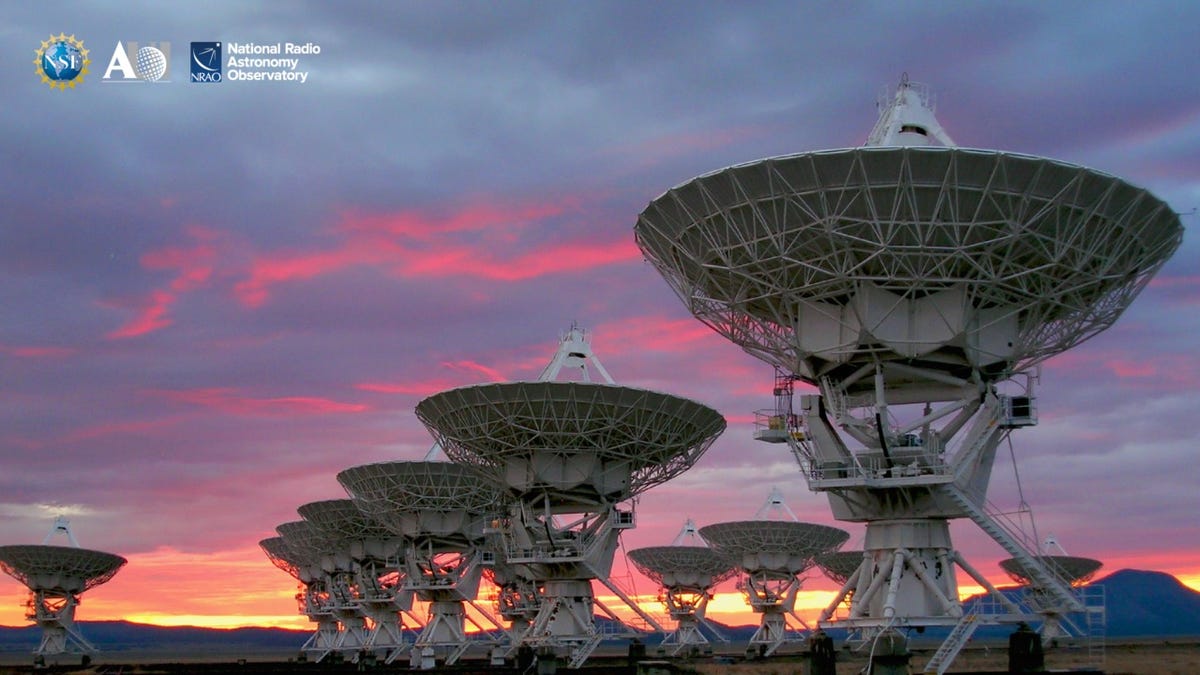SETI Scientists Developing New 'Contact Protocols' for Aliens
Humanity might not "speak extraterrestrial." The SETI Post-Detection Hub wants to coordinate how we respond to alien life.
What happens if humanity's biggest sci-fi dream comes true and intelligent extraterrestrial life makes contact with Earth? A group of scientists is formally working on answering that complicated question.
Last week, the University of St. Andrews in the UK announced a new research hub that will bring together an international team of experts to help prepare humanity for alien contact. The SETI Post-Detection Hub will develop a framework for "impact assessments, protocols, procedures and treaties designed to allow humanity to respond responsibly" should we detect intelligent life from beyond our planet. SETI is short for "Search for Extra-Terrestrial Intelligence."
St. Andrews SETI specialist John Elliott is the coordinator for the project, which will draw on experts from both the sciences and the humanities. The group will investigate topics ranging from message deciphering to space law to how to communicate discoveries to the public.
The discovery of intelligent life may not be as obvious as aliens popping over to our planet for a visit. More likely, it might come in the form of distant communications signals that would need to be analyzed and interpreted. So far, SETI efforts have come up empty. Case in point: An Australian telescope recently scanned over 10 million stars for signs of alien tech and found nothing.
The SETI Post-Detection Hub hopes to fill a void in the discussion around humanity's potential response to the discovery of alien life. The SETI Institute, a nonprofit research organization devoted to the search for alien life, had issued a "Declaration of Principles Concerning the Conduct of the Search for Extraterrestrial Intelligence." The document is a commitment to transparency and international cooperation in SETI, but the new hub aims to create a more comprehensive and detailed set of contact protocols.
The hub's work is just beginning, so it hasn't offered any recommendations yet, but there is a sense of urgency to the project. "Will we ever get a message from E.T.? We don't know," said Elliot. "We also don't know when this is going to happen. But we do know that we cannot afford to be ill prepared -- scientifically, socially, and politically rudderless -- for an event that could turn into reality as early as tomorrow and which we cannot afford to mismanage."


